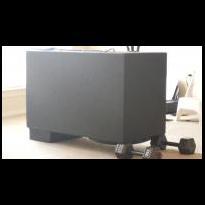-
Recently Browsing 0 members
No registered users viewing this page.
-
-
Recent Topics
-
- 399 comments
- 34,122 views
-
- 19 comments
- 381 views
-
- 3 comments
- 104 views
-
- 4 comments
- 200 views
-
- 2 comments
- 760 views
-
- 5 comments
- 1,608 views
-
-
-
Recent YouTube Posts




